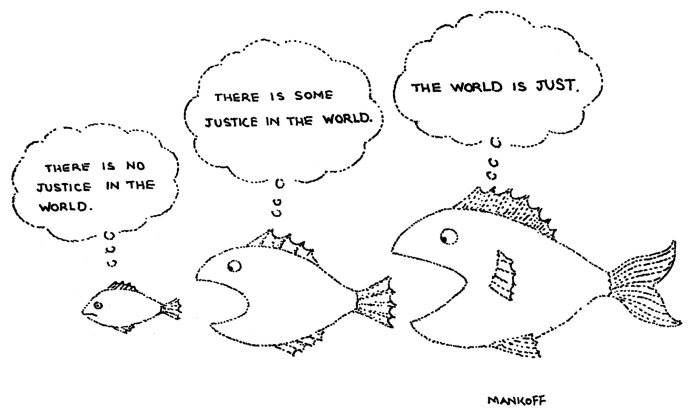Wicked Problems
The term wicked problem is thrown around a lot in the systems thinking world. But what is a wicked problem? The following summary of the definition of a wicked problem comes from Gerald Midgley[1] who adapted it from the work of Rittel and Weber:[1:1]
Wicked problems involve:
- Many interlinked issues, cutting across the usual silos (e.g., economy, health and environment), making for a high degree of complexity;
- Multiple agencies (across the public, private and voluntary sectors) trying to account for multiple scales (local, regional, national and global);
- Many different views on the problem and potential solutions;
- Conflict over desired outcomes or the means to achieve them, and power relations making change difficult; and
- Uncertainty about the possible effects of action.
I think that wicked problems tend to result from a contradiction between the way that systems work in the real world and the way we think systems work. Thus the root problem is in our thinking.[1:2][1:3]
What exactly is wrong with our thinking? Well, this certainly depends on context and specific instances. However, to generalize, we can say that our thinking tends toward:
- a focus on parts that obscures the whole, or, alternatively, a focus on the whole without recognizing the parts;
- seeing hierarchy as opposed to more complex, distributed networks;
- reliance on static categories as opposed to taking perspectives on part-whole groupings;
- seeing linear causality rather than nonlinear causal processes;
- seeing structural parts but overlooking the dynamic relationships that are also part of the whole (e.g., mystical forms of emergence);
- favoring bivalent over multivalent logic.
Irrespective of how one defines wicked problems, hopefully these common thinking errors demonstrate the importance of systems thinking. And while wicked problems are certainly in the purview of systems thinking, our book Systems Thinking Made Simple[1:4] posits that using four underlying rules of systems thinking, DSRP, helps solve both wicked and everyday problems. This is yet another motivation for our efforts to democratize systems thinking.
.png?width=150&height=150&name=CRL%20GOAT%20Logo%20(4).png)


